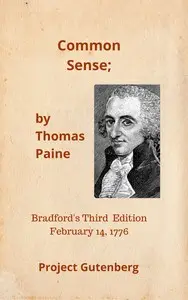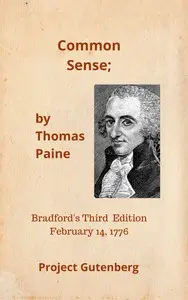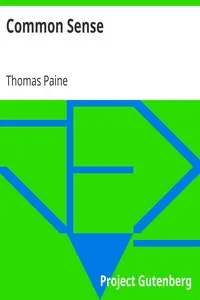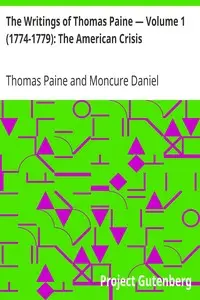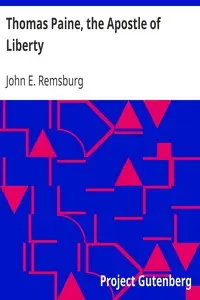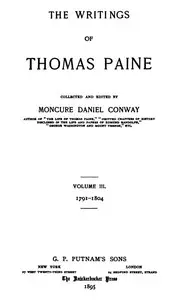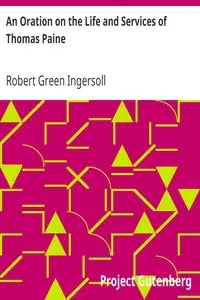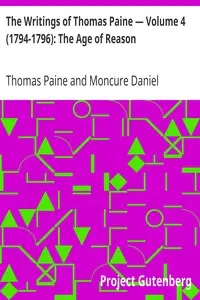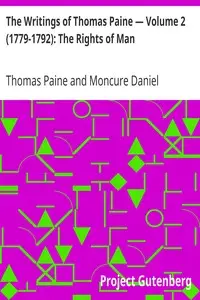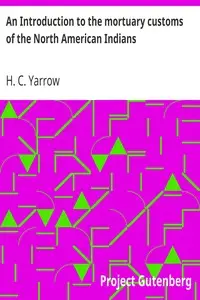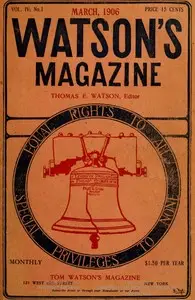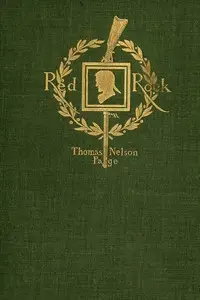"A Letter Addressed to the Abbe Raynal, on the Affairs of North America" by Thomas Paine takes on the task of setting the record straight about the American Revolution. Paine pens this as a direct reply to Abbe Raynal, a writer whose views on the revolution Paine finds to be off the mark. He believes Raynal has made errors in understanding why America fought for its freedom and how it felt about British rule. Paine explains the real reasons behind the conflict, pointing out where Raynal’s version of history goes wrong by omitting important pieces or twisting the truth. Paine's main goal is to give an honest picture of what America was going through as it fought to become its own nation, and to show the world the real reasons behind the American fight for independence, pushing back against what he sees as a flawed and oversimplified story.
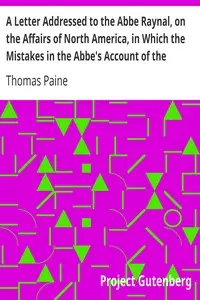
A Letter Addressed to the Abbe Raynal, on the Affairs of North America, in Which the Mistakes in the Abbe's Account of the Revolution of America Are Corrected and Cleared Up
By Thomas Paine
Challenging a misinterpreted version of the American Revolution, a writer corrects the historical record, revealing the true spirit and causes behind the fight for independence.
Genres
Released
2005-03-07
Formats
mobi
epub (images)
epub3 (images)
epub
mobi (images)
txt
Free Download
Summary
About the AuthorThomas Paine was an English-born American Founding Father, French Revolutionary, inventor, and political philosopher. He authored Common Sense (1776) and The American Crisis (1776–1783), two of the most influential pamphlets at the start of the American Revolution, and he helped to inspire the colonial era patriots in 1776 to declare independence from Great Britain. His ideas reflected Enlightenment-era ideals of human rights.
Thomas Paine was an English-born American Founding Father, French Revolutionary, inventor, and political philosopher. He authored Common Sense (1776) and The American Crisis (1776–1783), two of the most influential pamphlets at the start of the American Revolution, and he helped to inspire the colonial era patriots in 1776 to declare independence from Great Britain. His ideas reflected Enlightenment-era ideals of human rights.
Total Reviews
10.0k
Total reviews from Goodreads may change

